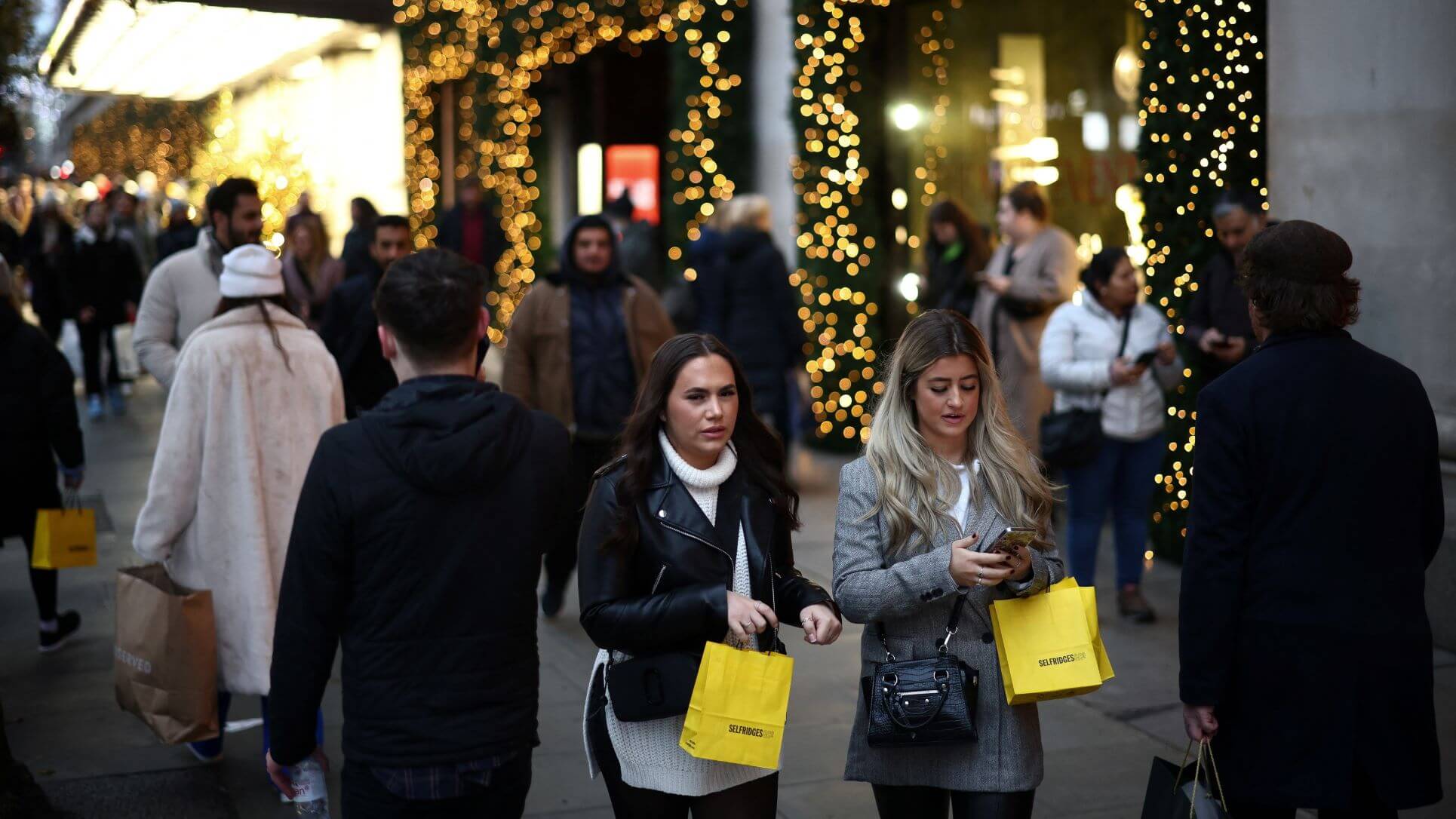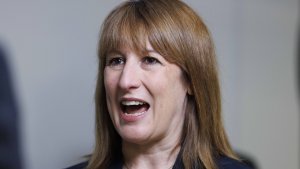Inflation And Taxes Up, Growth Slows: UK's Sunak On The Spot
The storm of negative economic influences has damaged the chancellor's popularity.

British finance minister Rishi Sunak won plaudits for tackling the COVID pandemic with a spending surge but now he faces the trickier task of steering the economy through a cost-of-living squeeze while sticking to his plan to fix the public finances.
Under pressure to do more to help households as inflation heads towards 8% or higher - with Prime Minister Boris Johnson promising to "fix" the hit - Sunak last week announced a package of tax cuts.
But Britain's budget watchdog said those cuts amounted to just one sixth of his previously announced tax increases.
Combined with inflation, those tax hikes will contribute to what is expected to be the biggest fall in disposable income this year since at least the 1950s.
An opinion poll published last week showed Sunak's popularity, which was once sky high and made him a strong contender as a future prime minister, had slumped.
Below is a summary of the key questions and decisions facing Sunak.
HIGH INFLATION - Inflation is at a 30-year high of 6.2% and could go as high as 8.7%, the Office for Budget Responsibility watchdog predicts. Sunak says he cannot bring down global oil prices although he has cut fuel duty for the first time since 2011. The inflation jump, plus the war in Ukraine and rising Bank of England interest rates, has pushed consumer confidence down to its lowest since late 2020. High inflation will also take the government's debt interest bill to a record high.
SLOWING GROWTH - The economy is roughly back to its pre-pandemic size. But the OBR chopped its 2022 growth forecast to 3.8% from 6.0% due to the income squeeze. Households were already running down their pandemic savings in 2021. Sylvain Broyer, chief economist for EMEA at S&P Global Ratings, said Italy and France had bolder cost-of-living support plans and Germany was considering a big package too. European Union countries are also due invest more heavily than Britain in their net zero carbon transition in 2022 and 2023, he said.
TAXES - Sunak says the public finances are back on a sustainable path after his COVID borrowing surge. In large part, that is thanks to big tax increases he announced last year, including an increase in social security contributions for workers and employers starting this month and corporate tax increases from 2023. Sunak will have to decide whether to ease the tax load - set to be its highest since the 1940s - in his annual budget statement in the autumn.
OIL AND GAS - The good news for Sunak is that Britain relies less on Russian gas than other European countries, some of which are considering rationing. The bad news is that oil and gas account for 75% of Britain's energy consumption, more than other big European economies. "What happens to the oil and gas price matters a lot for domestic inflation here in the UK," Richard Hughes, OBR chair, said.
MORE SUPPORT - Sunak has dismissed calls to give more support for households now and will instead wait to see how energy prices change before October when regulated tariffs are next due to be adjusted. But his boss Johnson has promised to "fix" the cost-of-living crisis, adding to the pressure on Sunak. Energy-intensive industries hit by soaring power bills and hospitality and food producers are also asking for help.
BREXIT - The OBR said last week it was sticking with its long-term forecast that leaving the European Union will result in total British imports and exports being 15% lower than if the country had remained in the bloc. A government spokesman said on Wednesday that the already delayed introduction of full border checks by Britain on EU imports, due in July, was under review.
(Writing by William Schomberg, Editing by William Maclean)
Thanks for signing up to Minutehack alerts.
Brilliant editorials heading your way soon.
Okay, Thanks!

